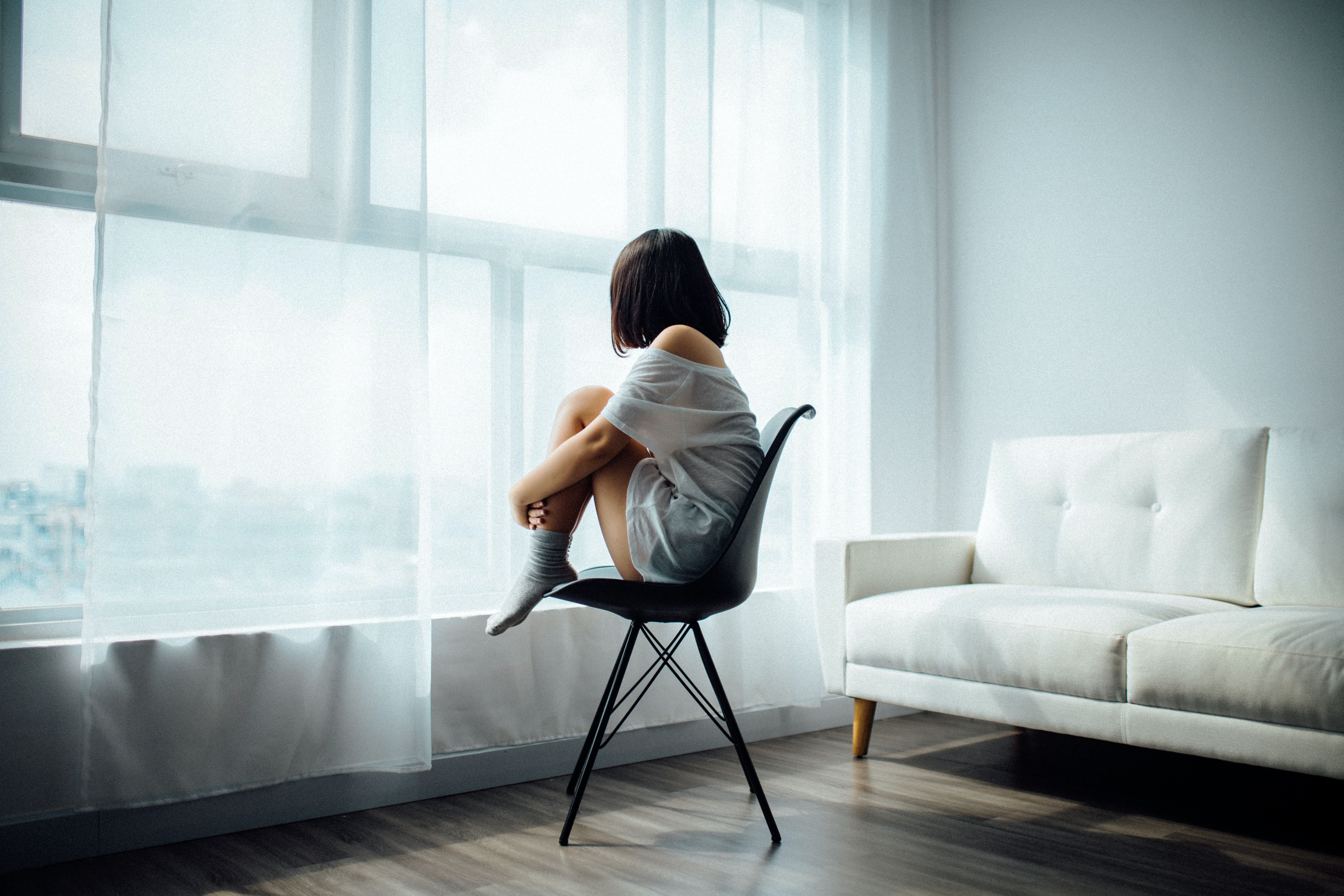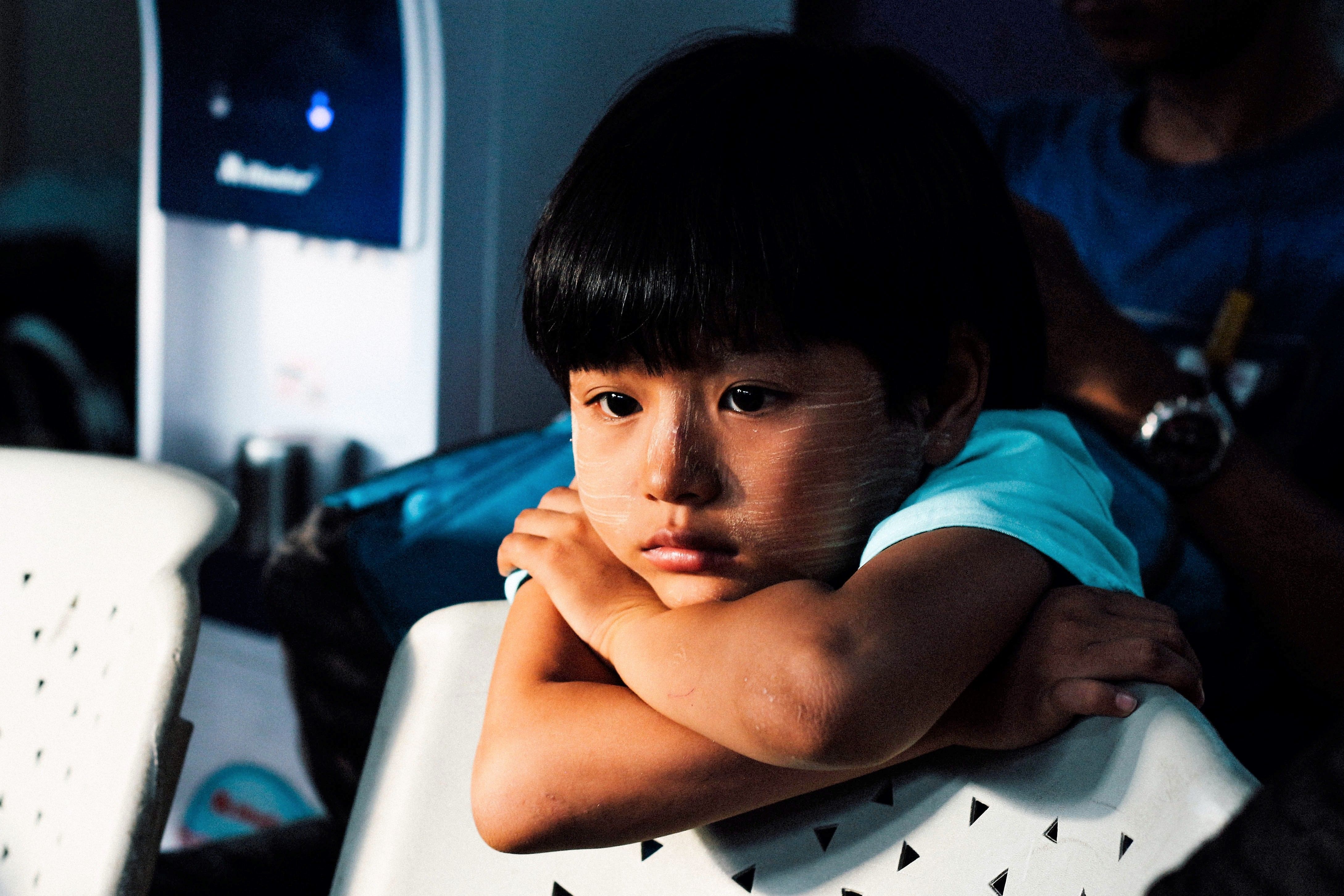With over 500 COVID-19 related casualties in Orleans Parish
alone, it's no surprise that the effects of the virus reach beyond the physical.
As our community struggles with the loss of loved ones, their jobs, as well as
the psychological costs of the stay-at-home order, it is clear that in the aftermath
of the coronavirus, mental health consequences are extremely prevalent.
"It is difficult, then, for communities to come together and support each other. Although we can emotionally come together, there is something to be said about physically coming together," said Dr. Maureen Lichtveld, the chair of the Department of Global Environmental Health Sciences at Tulane University's School of Public Health and Tropical Medicine.

"It's not only the infectious disease, but, really, it is
our entire health—both the physical health and the emotional health—that is
impacted by this pandemic," said Dr. Lichtveld. "Regardless of how you look at
things, we carry in New Orleans—and particularly our vulnerable population—a
disproportionate burden."
The WHO issued a report concerning the psychological effects
of the virus, saying, "In public mental health terms, the main psychological
impact to date is elevated rates of stress or anxiety." They went on to say
that "as new measures and impacts are introduced—especially quarantine and its
effects on many people's usual activities, routines or livelihoods—levels of
loneliness, depression, harmful alcohol and drug use, and self-harm or suicidal
behavior are also expected to rise."
"We see the pressure on everybody, but we particularly see
the pressure on those who are already most vulnerable," said Dr. Lichtveld,
referencing the trauma endured by New Orleanians in the wake of Hurricane
Katrina and the lasting mental health effects of the catastrophe. "The
psychosocial effects, particularly for people in New Orleans who have
experienced a previous disaster, are significant because they already start
with an existing burden."
Dr. Denise Shervington, President of The Institute of Women and Ethnic Studies in New Orleans and Chair of Psychiatry at Charles R. Drew University in California, echoed this sentiment and said, regarding Katrina survivors, "For some people, it has reawakened their trauma that has not been healed from that experience."
"People did not receive adequate or competent levels of care post-Katrina, and we saw heightened levels of trauma-based disorders. I think we're going to see the same thing again," said Dr. Shervington.

Dr. Lichtveld spoke about the significance of the
psychosocial effects of COVID-19, as well as the New Orleans communities, such
as marginalized groups and children, that are most vulnerable to them. She
emphasized the necessity of the state-wide stay-at-home order, while outlining
some of the major effects of mandated seclusion.
The worrisome effects denoted by Dr. Lichtveld include a strain
on mental health due to instances of job loss, lack of paid sick leave, and
emotional abuse within households. Additionally, she referenced increases in
incidents of domestic violence across the U.S. and decreases in reports of
child abuse, not because such instances have been reduced, but rather because
children have been separated from mandatory reporters.
"All emotions have been heightened because we have an
invisible threat," said Dr. Shervington, speaking to the feelings of
communities particularly affected by COVID-19. "It has certainly activated
people's anxiety and their fears," since people have been worrying over the
well-being of loved ones and themselves.
Communities of color and the city's most economically vulnerable
populations have felt the burden of COVID-19 amplified, not only because they
have been disproportionately affected by the virus itself, but because too
often there are socioeconomic barriers to sufficient health care and mental
health resources.
Free available mental health services in the city include a virtual
support group put on by the Institute of
Women and Ethnic Studies and the Metropolitan
Human Services District led by Dr. Shervington, called #GetYaMindRight. Check
their websites for more information regarding registration and availability.

